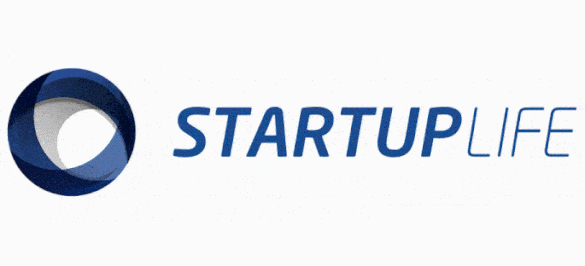By Luísa Bombarda and Layon Lopes
The development of software in Brazil is increasingly on the rise, attracting attention from around the world considering that the market is heated and suffering large investments in recent times. However, it is known that the Brazilian tax system is controversial and complex, so that the legislation is sparse and often contradictory. For this reason, it is important to keep in mind some important points about software taxation in Brazil in order to aid understanding.
Software is nothing more than a sequence of instructions or codes to be followed in order for a certain action to be carried out. Thus, software development is the creation of these codes for the purpose of developing a Platform, that is, a website, an application, a computerized system. It is, therefore, a service available to consumers for their use according to the purpose for which it was intended and for which it was created.
It is important to note that there is currently a great doctrinal debate on whether software development is a product or a service, which is why the tax levied on software has not yet been defined, which conditions some taxpayers to pay more than one tribute, thus causing double taxation.
Aiming to organize this issue, several courts have already manifested themselves and there are some regulations on this point, which, somehow, establishes a jurisprudence that can be followed.
Among the taxes related to software taxation, there is the ICMS (Goods and Services Circulation Tax), which is imposed only by the national States or by the Union, an entity represented by the Federative Republic of Brazil.
The ICMS, therefore, is levied on the movement of goods in general, as well as services, with software operations being arranged there. In 2015, an Agreement was published under number 181/2015, which determines that some states in the country are authorized to grant a reduction in the ICMS tax base, so that the tax burden corresponds to the percentage of at least 5% of the transaction value.
It is worth noting that the benefit of the agreement will only be used optionally by the taxpayer, replacing the normal taxation system, although the appropriation of any tax credits or benefits is prohibited.
Complementary Law No. 116 of 2003, on the other hand, provides for the collection of ISS (Services Tax) upon the assignment and licensing of software. Thus, the ISS focuses on the provision of services by self-employed professionals, configuring software development due to the nature of the operation. In addition, this tax is collected by the municipalities and the Federal District, which means that each municipality may charge a different amount as ISS.
In this way, to avoid double taxation, that is, the double collection of two taxes, which are collected for the same purpose, a differentiation is made in the software development modalities: the off the shelf software – which is considered a commodity and, therefore, ICMS is levied; the customizable software – which is considered a service and therefore affects the ISS; software on demand – which is considered a provision of services, thus levied on ISS; the imported off the shelf software – what is considered a product, therefore levied with ICMS; and the imported customizable software – which is considered a provision of services, with the ISS being charged.
In order to fit into which software modality and, consequently, which tax and rate will be levied on the operation, a technical analysis is made of which of the categories the software will be categorized in.
In addition, our legal advice team is specialized in this matter and can help you.
It is noteworthy that the rates may vary according to the tax regime in which the company is subject, such as lucro real (real profit), lucro presumido (presumed profit) and simples nacional (simple national).
In addition, there are other levied taxes which are not specifically related to the services to be provided, such as PIS, COFINS, IRPJ and CSLL, which are levied on companies in general, which may also vary according to the tax regime to which the company is subject.
*Layon Lopes is the CEO of Silva | Lopes and Luísa Bombarda is a member of the Silva | Lopes team.







